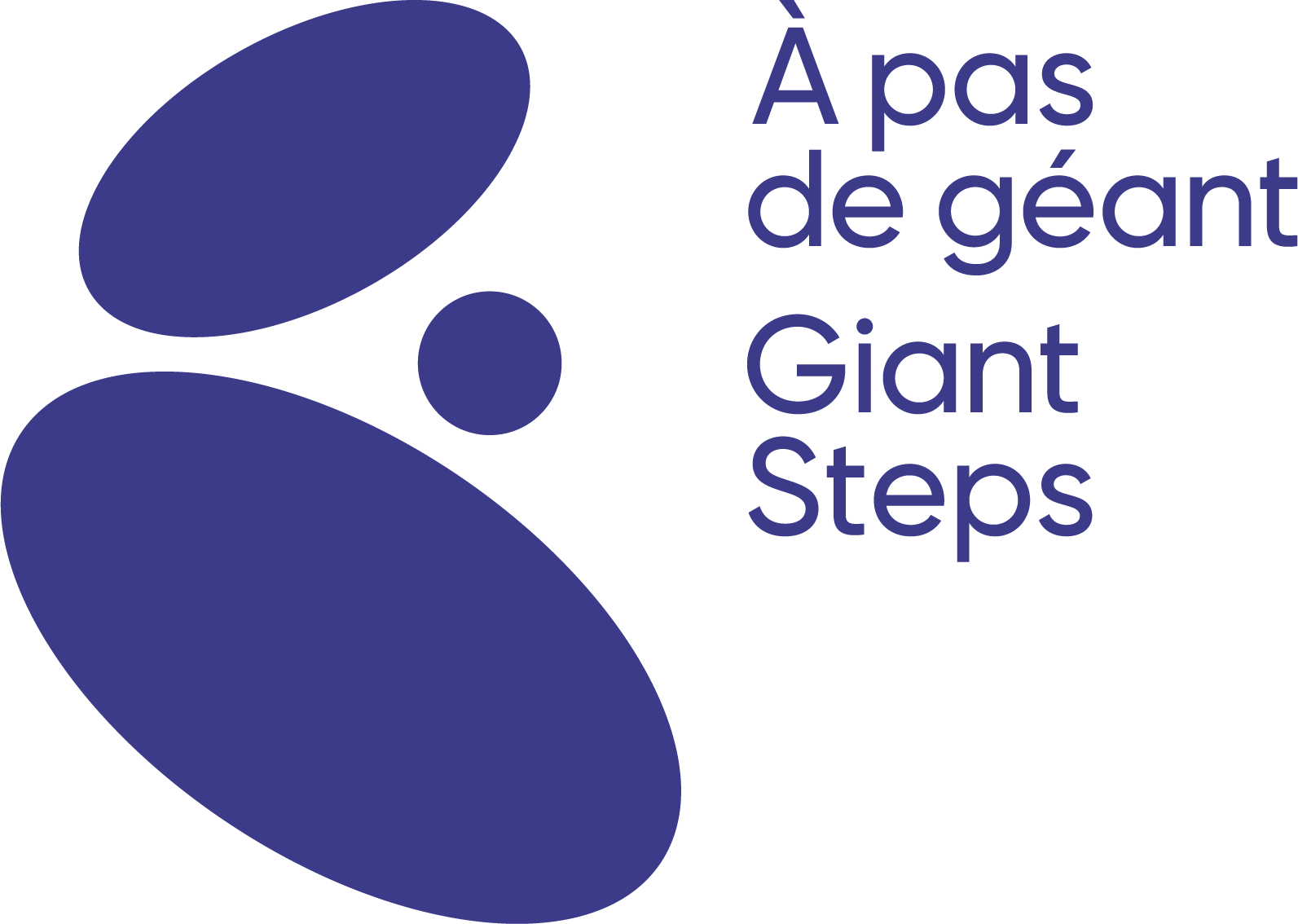Autism-Inclusive Cities Project
Working towards a truly inclusive society
The Giant Steps Resource and Training Center has developed an expertise over the last 10 years in fostering an inclusive and equitable environment for children and adults with autism. This innovative project looks to raise awareness and create opportunities in many aspects of city life that can be difficult for individuals on the spectrum. The main areas looked at include:
- Government Policy
- Emergency Personnel Training
- Voluntary Autism Registry
- Public Transit
- Urban Planning
- The Arts
- Therapy / Specialized Services
- Tourism
- Education
- Business
- Employment
- Recreation
- Healthcare
- Housing
- Ethnic Communities
“If we are to achieve a richer culture, we must weave one in which each diverse human gift will find a fitting place.”
-Margaret Meade
Laval Pilot Project
Emergency Personnel Training and Creation of a Voluntary Autism Registry

Emergency personnel, including police and fire departments should be trained to recognize certain behaviours as non-threatening and diffuse situations in a nonviolent manner.
The idea of a voluntary registry of photos and information originated with police in New Brunswick, but has since spread to a few communities — including Ottawa, Niagara, London, Windsor, North Bay and Halton.
Diversity and Inclusion in Education
The inclusion of diverse learners promotes excellence in education and allows learners to achieve desired outcomes. We recognize that differences and diversity contribute to the richness of group learning environments.
Learning communities are strengthened by the mutual respect of the unique humanness and contributions of its members.

Making the Business Case for an Inclusive Work Environment
The inclusion of diverse learners promotes excellence in education and allows learners to achieve desired outcomes. We recognize that differences and diversity contribute to the richness of group learning environments. Learning communities are strengthened by the mutual respect of the unique humanness and contributions of its members..
Enjoying the Arts
Sensory-friendly performances and exclusive access to museums are gaining in popularity in certain parts of the world to grant access to individuals with autism who wouldn’t be able to attend otherwise.

